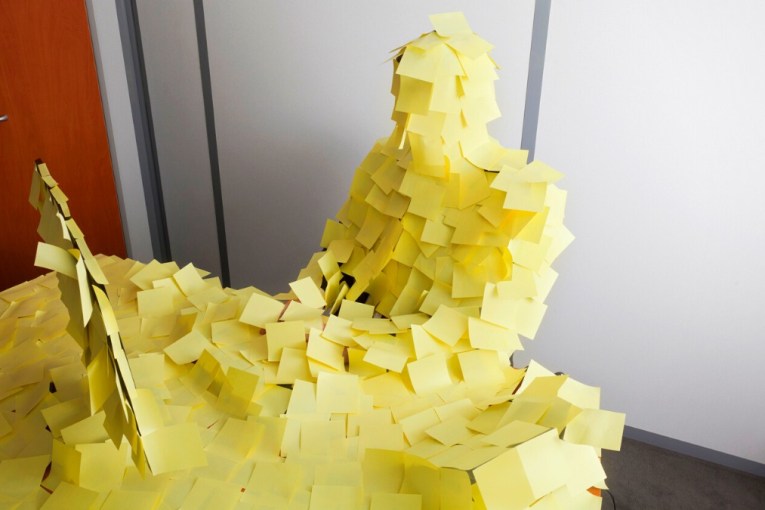RBA says low rates will help economy, but tourism and education will drop 10 per cent


The Reserve Bank says blows to tourism and education will cost the economy roughly $10 billion. Photo: TND
The Reserve Bank has estimated the coronavirus will slash Australia’s tourism and education exports by 10 per cent in the March quarter, with inbound flights from China dropping 90 per cent since January.
Although that’s expected to knock off half a percentage point ($10 billion) from Australia’s national economic output, RBA deputy governor Guy Debelle said lower interest rates and a forthcoming stimulus package from the federal government would help the economy bounce back.
Dr Debelle told The Australian Financial Review Business Summit in Sydney that lower rates would eventually encourage businesses to invest and households to spend.
“Lower interest rates will provide more disposable income to the household sector and those businesses with debt,” Dr Debelle said.
“They may not spend it straight away, but it brings forward the day when they will be comfortable with their balance sheets and resume a normal pattern of spending.”
Dr Debelle said the recent national accounts supported the bank’s view that the economy had started to recover at the end of 2019.
Annual GDP growth increased to 2.25 per cent, after dropping to a low of 1.5 per cent in June, he said.
And a thawing of US-China trade tensions – together with encouraging business surveys and improving industrial production – indicated “the global economy was coming out of a soft patch of growth”.
Others have argued that a fall in nominal GDP over the past three months of 2019 disproves the idea of an economic recovery and shows Australia was paid less for producing more.
Business investment and residential construction have also been weak, and annual wages growth have stalled at 2.2 per cent.
Although Dr Debelle said it was too early to tell how the virus would affect the economy beyond the March quarter, a handful of graphs in his presentation show just how devastating an impact it has already had on China’s economic activity.
The first shows coal consumption, as always, falling off a cliff during Chinese New Year.
But consumption has yet to return to normal levels more than four weeks after full-scale production typically resumes.
“The straight arithmetic of losing a substantial amount of output over a period of several weeks implies a significant hit to economic activity,” Dr Debelle said.
Road congestion tells a similar story – one of citizens not going about their everyday lives.
Even though both charts show the beginnings of a gradual recovery, Dr Debelle said it was “uncertain how long it will take to repair the severe disruption to supply chains”.
The RBA is still gathering information on supply chain disruptions but noted the construction and retail industries would be hard hit.
Dr Debelle added that mining exports would likely hold up as disruptions to production in China had increased its reliance on imports and a potential lift in Chinese infrastructure spending “will benefit bulk commodities”.

The travel ban on China alone is costing the tourism industry $1 billion a month.
Then, of course, there’s the small matter of the virus’ spread to other countries.
“They too are beginning to suffer significant disruptions, the extent and duration of which is unknown at this time,” Dr Debelle said.
“The conclusion is that the global economy will be materially weaker in the first quarter of 2020 and in the period ahead.”
Dr Debelle’s speech comes as a joint index from Westpac and the Melbourne Institute shows consumer confidence dropping to a five-year low and expectations of a rise in unemployment jumping 8.5 per cent in March.

The virus will slash Australia’s education exports by roughly 5 per cent.
The government is expected to announce how it will respond to the economic dimension of the health crisis on Thursday.
Reports suggest its stimulus package will include tax relief for affected businesses and a cut to the deeming rate to help pensioners hit by low interest rates.
But Prime Minister Scott Morrison has ruled out an economy-wide cash handout and said the government’s response will be “targeted” and “modest”.










